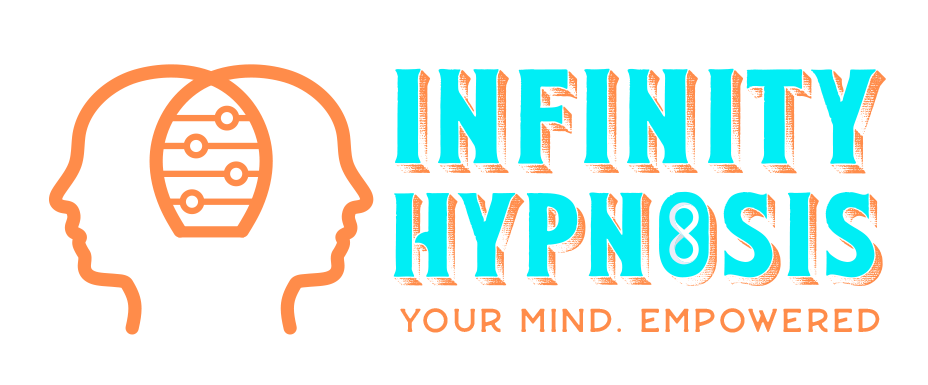How Can I Better Understand Selective Eating and What It Stems From?
Selective Eating means limited or restricted food selections (usually less than 20) that have the potential to impact nutrition, development, and growth. The individual with selective eating typically shows interest in the foods they enjoy eating, but may refuse all other foods or even to eat meals with the family.
When treating selective eating, it is extremely important to find the root cause of the problem. Otherwise, we will never truly see results! There are four main causes of selective eating:
1. Sensory Concerns
An individual with sensory needs may show hypersensitivity to specific textures, tastes, sight, or smells. They may say things like:
- “I don’t like it”
- “I need a lot of spice”
- “I only like cold foods”
- “I don’t like how this [texture] feels in my mouth”
2. Medical Concerns
Some feeding concerns are related to certain medical conditions. Examples include chronic health problems such as ear infections, frequent respiratory infections, dental problems, or seizures. Other examples include gastroparesis (slow emptying of the stomach), chronic or intermittent constipation, and pain or discomfort with feeding from things such as reflux or allergies. Some allergies are very difficult to diagnose, such as EoE (Eosinophilic Esophagitis), which takes special testing to examine and diagnose. You may hear an individual with underlying medical concerns say things like:
- “It hurts”
- “I have/had allergies”
- “My tummy hurts” or “I have constipation”
3. Oral Motor Concerns
Another possible cause of selective feeding is oral motor concerns. Oropharyngeal and laryngeal anomalies can impact overall mechanics needed for feeding. The individual may have poor oral motor control or low/high muscle tone that can impact chewing and swallowing. They may say things like:
- “I can’t”
- “My mouth gets exhausted from all of the chewing”
- “I can’t chew food well enough to swallow it”
4. Past Challenges
Finally, past and current challenges can cause selective feeding needs. Examples include parent-child conflict (especially surrounding food), parental anxiety, general anxiety, negative experiences related to the mouth (history of NG tubes, oral procedures, being on a ventilator, or surgeries), and time spent in the hospital as a baby (e.g., the NICU). This can also include negative past experiences with feeding, such as pain, coughing, vomiting, or gagging during feeding. Specific fear or anxiety around food is commonly referred to as ARFID, or avoidant/restrictive food intake disorder and can commonly be caused by negative past experience with feeding. You may hear them say:
- “I was force fed when I was smaller and now I’m nervous about it”
- “I have had negative experiences such as gagging or choking when I was eating and it’s hard for me to not feel like that now“
- “I like things to always be the same”
A Speech-Language Pathologist can evaluate your child’s needs through a comprehensive feeding evaluation, which includes an extensive health history. They can help determine the cause of your child’s feeding needs and work with you to develop a treatment plan.
Kelly is an SLP and a feeding specialist who also specializes in using hypnosis to support feeding difficulties, weight management, and anxiety. If you have questions, please reach out to Kelly at Infinity Hypnosis. Kelly can answer your questions over a free phone consultation where she can further discuss feeding therapy and/or how hypnosis works and how hypnosis could help you or your loved one’s specific needs. Contact Kelly and Infinity Hypnosis at [email protected] or check out her website at https://infinityhypnosis.com/ to book a free consultation.
Find us on Facebook and Instagram to learn more about Kelly’s services and hypnosis.

